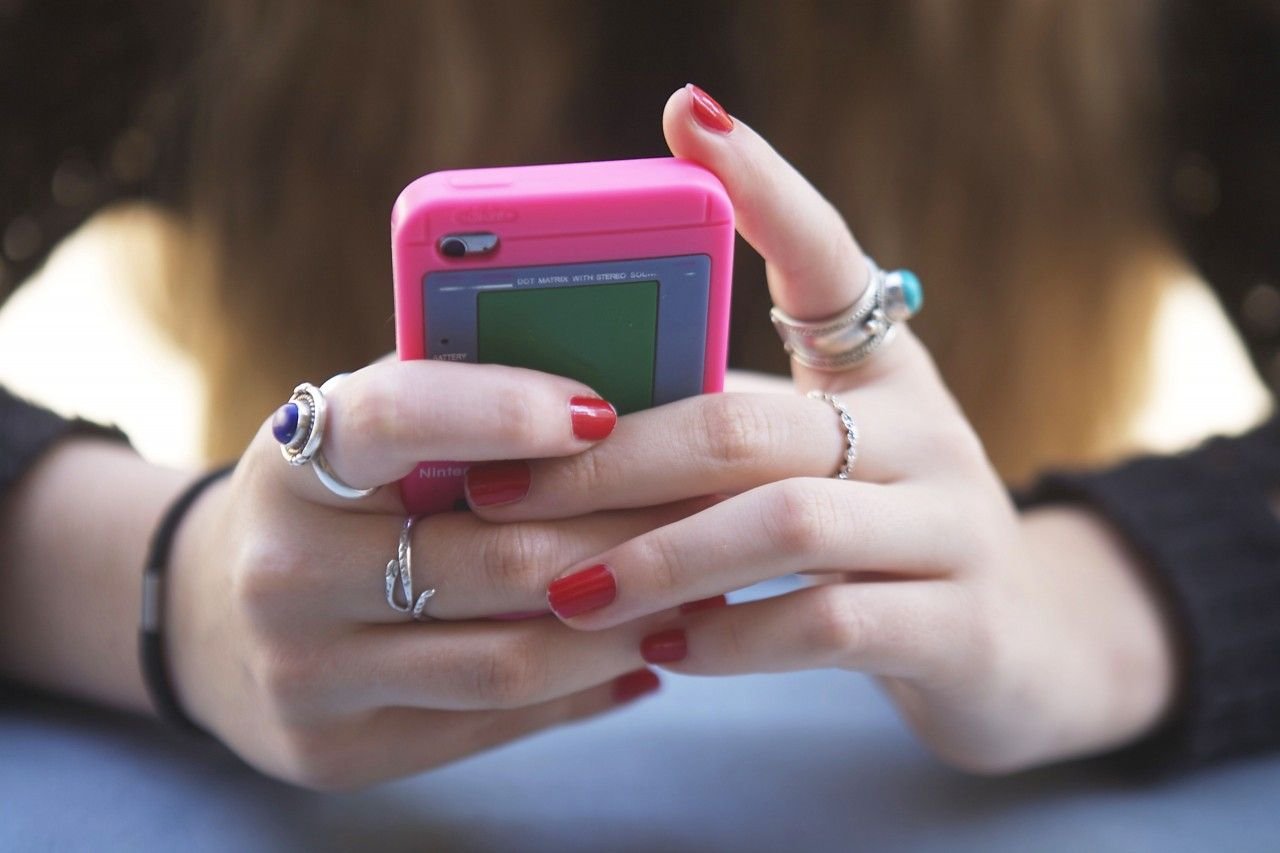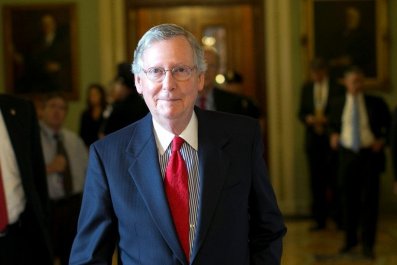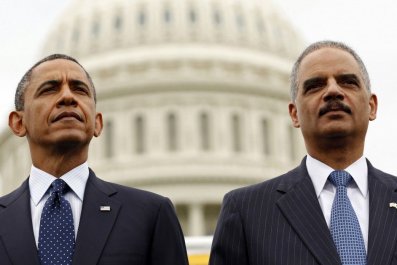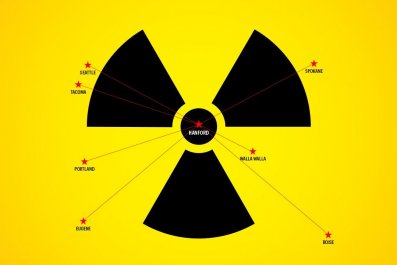At the end of the 21st century, historians will no doubt look back at today's profligate sharing of our private lives as a crazy fad - an odd blip in normal human activity, like Colonial powdered wigs or post-Animal House toga parties.
And they'll mark the fad's fade by the rise of Snapchat.
If you're older than 24, you've probably never used Snapchat. But you might have heard that Facebook recently offered to buy the mobile app company for $3 billion, and the Snapchat founders, who are barely old enough to drink, turned it down, saying Snapchat can do better on its own.
They are probably right. We're seeing a fundamental shift in how the leaders in technology adoption, mainly teenagers, feel about privacy. Post-Snowden society is beginning to whipsaw from throwing away privacy like no people ever did before, to aggressively reclaiming privacy as a fundamental right.
Snapchat may at first seem very un-private, since for many people the app is a way to send naked selfies while ensuring the images don't end up on Rate My Ex. You take a picture, add a caption, and then send both to a friend or group of friends. Once opened, the pic disappears forever in 10 seconds or less. That's the key innovation.
On a deeper level, Snapchat is different from just about every Internet company of the past 20 years because it stores nothing about anybody. It doesn't collect data or try to sell user information to advertisers. In an era of Big Data, this seems as counterintuitive as owning an NFL team and refusing to put its home games on TV.
But therein lies Snapchat's appeal. Hemant Taneja, managing director at venture capital firm General Catalyst, was an early investor in Snapchat because he believes in the shift in attitudes about privacy. "Most human communication has always been ephemeral," Taneja told me over a cappuccino in New York City. Conversations with friends in eons past didn't get recorded and saved for all time. Places you went weren't recorded and saved, like on Foursquare. If you went to a movie, no one logged your ticket purchase and tried to profile you, as Netflix does.
Of course, people have long had letters and prints of photographs, but as physical objects, they could easily be controlled by the owner.
If you look across human history, Taneja argues, people didn't have the means or desire to so completely expose themselves. Once the means were invented over the past decade, we went wild with experimentation, like first-year college kids on a beer and sex bender.
Now we're sobering up. The antics of the National Security Agency, as revealed by Edward Snowden, supplied the cold shower. A generation of people who binged on MySpace and Facebook when they were in high school 10 years ago are now realizing the perils of a Google search of their names.
Early signs of the shift are surfacing. In August, a Pew Research Center survey found that 26 percent of teenagers uninstalled a mobile app because it was collecting personal information. In November, a report by the Family Online Safety Institute said 43 percent of teens are "very concerned" about online privacy, up from 35 percent one year ago.
The trend is hurting Facebook. On the company's latest quarterly earnings call, Chief Financial Officer David Ebersman noted a "decrease in daily users, specifically among younger teens." That triggered a maelstrom of blogs and stories that back up the point with anecdotes. I can add mine: My 19-year-old son, once a Facebook junkie (with 1,270 "friends"), has posted only once since June 10.
Meanwhile, Snapchat - just two years old - has around 26 million users who are sending 350 million photos a day, up from 10 million photos a day a year ago. Around the world, young consumers are stampeding to Snapchat-like apps that similarly protect privacy and keep little or no data - a feature even more valuable in, say, China or Iran. WeChat, launched by Chinese Internet company Tencent in 2011, has something like 300 million users in China and millions more globally. Japan's Line reported a jump to 280 million users, up from 50 million only two months ago.
In commerce, bitcoin is a way to make online purchases without submitting personal information or a credit card number. The digital currency is getting so much attention, the U.S. government is now considering recognizing it.
If Snapchat represents a trend, "it would lead you to believe the story's not going to stop," Taneja says. "More companies will emerge that play on that idea."
None of this means Mark Zuckerberg's behemoth is toast. Facebook has 1.2 billion users worldwide, and is woven into the fabric of digital life. It is the bustling town center where everyone gathers while Snapchat is still a little teen club in a tree house.
Yet the zeitgeist seems to be shifting, and Facebook, as a brand, has come to represent the opposite of privacy. Behind closed doors, this has to concern the company. In fact, it would've been ludicrous for Facebook to buy Snapchat. At this moment in time, it would've been like Walmart buying Louis Vuitton, mashing together two brands at opposite ends of the same business.

























